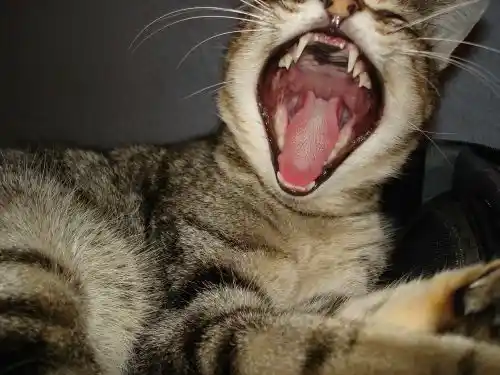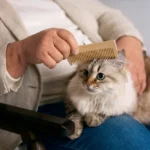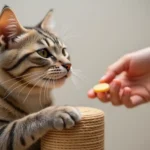As a cat owner, there’s nothing more distressing than watching your beloved feline companion struggle with dental issues. If you’ve noticed your cat’s teeth falling out, it’s natural to be concerned and ask, “Why are my cat’s teeth falling out?” This comprehensive guide will explore the various causes of tooth loss in cats, the potential implications for their health, and what steps you can take to ensure your cat maintains a healthy smile. By the end, you’ll have a wealth of information to help your furry friend thrive.
Main Points of Post
The Importance of Dental Health in Cats
Before we delve into the reasons behind tooth loss, let’s discuss why dental health is crucial for cats. Just like humans, cats require proper dental care to avoid various health issues. Healthy teeth and gums play a vital role in your cat’s overall well-being. Neglecting dental health can lead to pain, difficulty eating, and serious infections, which may impact other organs, including the heart and kidneys.
Related Query: How common are dental problems in cats?
Dental problems are surprisingly common in cats, with studies showing that around 70% of cats over the age of three suffer from some form of dental disease. This statistic emphasizes the importance of regular dental care and awareness of potential issues.
Common Causes of Tooth Loss in Cats
1. Periodontal Disease
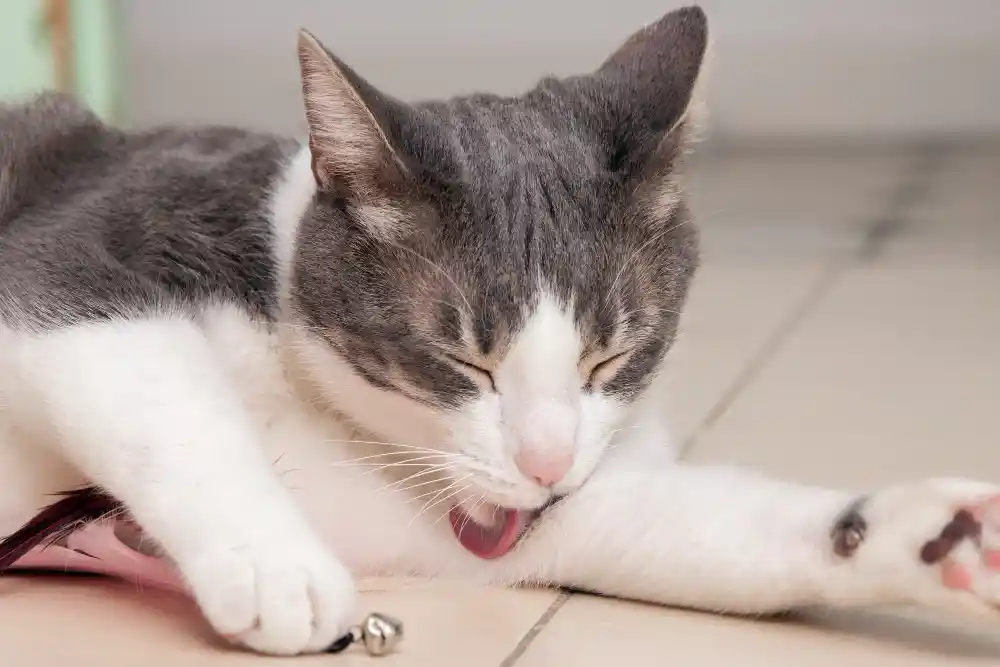
Periodontal disease is one of the leading causes of tooth loss in cats. This condition occurs when bacteria in plaque build up on the teeth, leading to inflammation of the gums (gingivitis) and, eventually, damage to the supporting structures of the teeth.
Signs to Look For:
- Swollen or bleeding gums
- Bad breath
- Loose teeth
- Difficulty eating
Tip: Regular dental cleanings and at-home dental care can significantly reduce the risk of periodontal disease.
Related Query: How can I prevent periodontal disease in my cat?
Preventing periodontal disease involves regular brushing, providing dental treats, and scheduling routine veterinary check-ups for professional cleanings.
2. Tooth Resorption
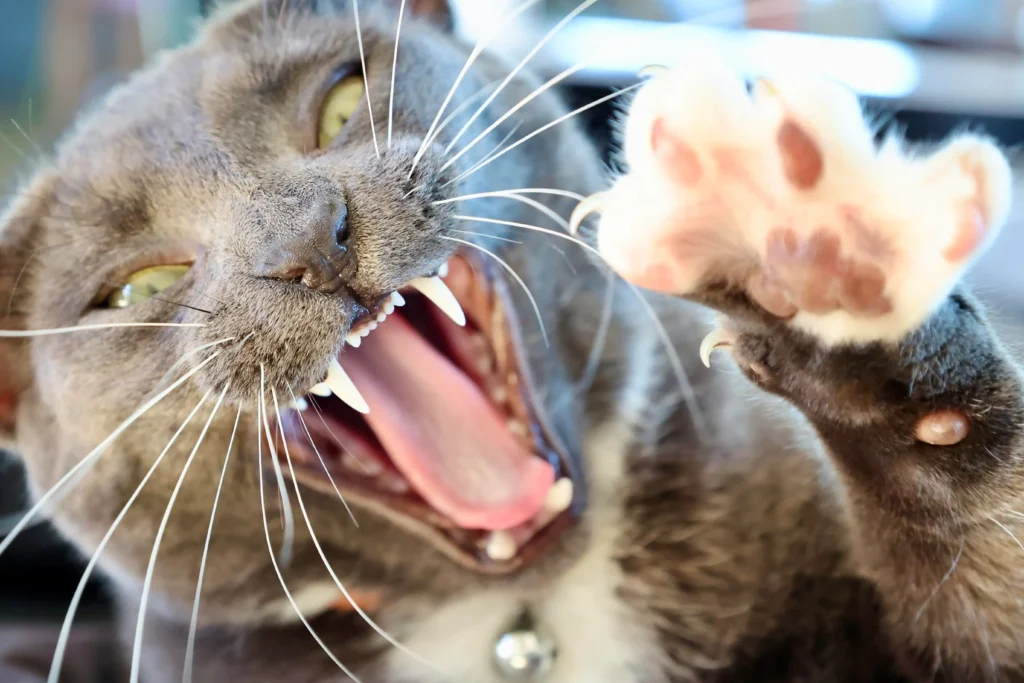
Tooth resorption is a painful condition in which a cat’s body begins to break down its own teeth. The exact cause is still unclear, but it’s believed to be related to factors such as genetics, diet, or excess calcium in the blood.
Signs to Look For:
- Visible lesions on the teeth
- Difficulty eating or chewing
- Pawing at the mouth
Tip: Early detection is crucial, as tooth resorption can lead to significant pain and tooth loss if left untreated.
Related Query: How is tooth resorption treated?
Treatment often involves the extraction of affected teeth. Regular dental check-ups can help catch this issue early.
3. Trauma or Injury
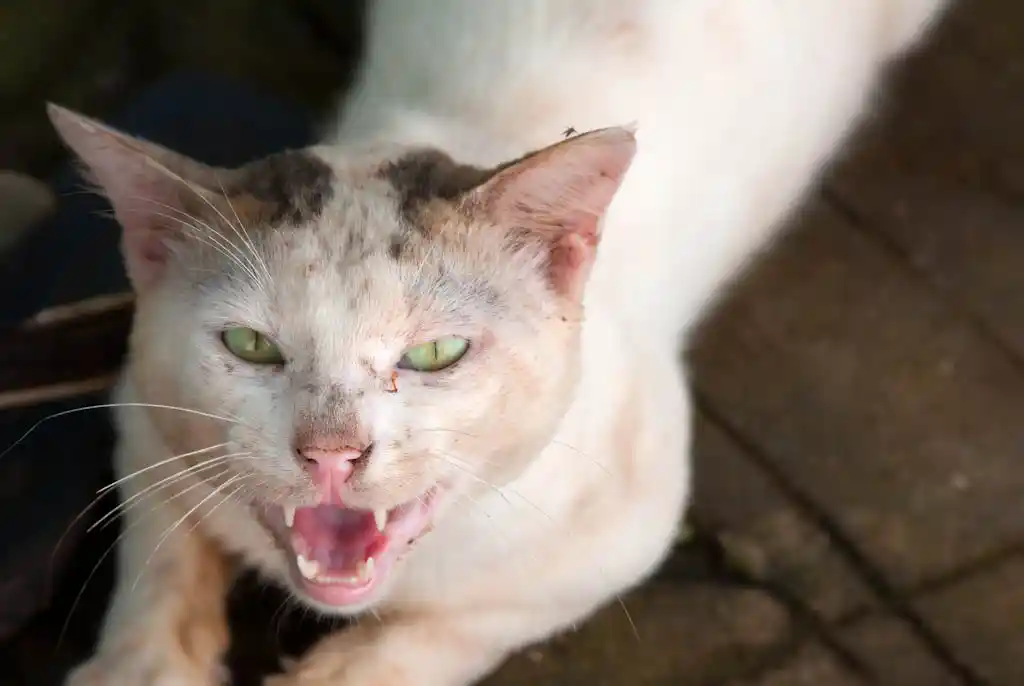
Cats are playful and curious creatures, which can sometimes lead to accidents. A fall, a rough play session with another pet, or biting into hard objects can result in chipped or broken teeth.
Signs to Look For:
- Broken or chipped teeth
- Bleeding from the mouth
- Reluctance to eat
Tip: If you suspect your cat has suffered an injury, consult your veterinarian immediately.
Related Query: What should I do if my cat has a broken tooth?
Take your cat to the vet as soon as possible. They can assess the damage and recommend appropriate treatment, which may include extraction or other dental procedures.
4. Oral Tumors
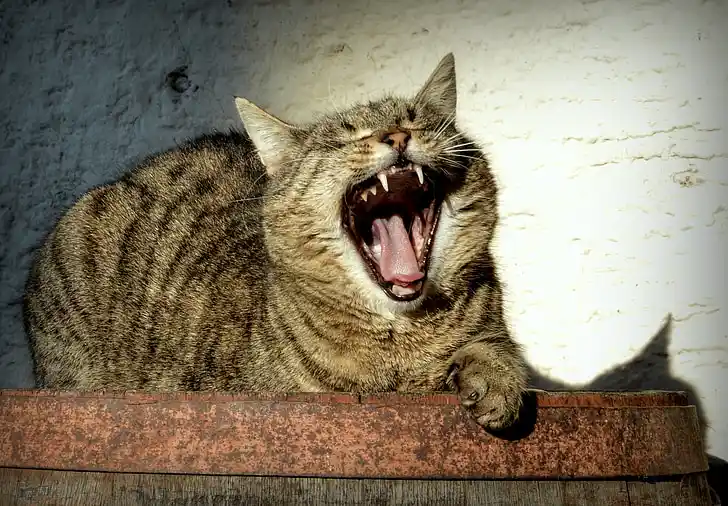
While less common, oral tumors can also cause tooth loss in cats. These growths can affect the jawbone and surrounding tissues, leading to loose teeth.
Signs to Look For:
- Swelling in the mouth or jaw
- Difficulty eating or swallowing
- Bad breath
Tip: Regular veterinary check-ups can help catch tumors early, leading to better outcomes.
Related Query: How are oral tumors diagnosed in cats?
Your vet will perform a thorough oral examination and may recommend imaging studies or biopsies to diagnose any abnormalities.
The Consequences of Tooth Loss
Also Read : Why Your Pet Is Sad?
Tooth loss in cats can have several negative implications. Aside from the obvious aesthetic concerns, missing teeth can lead to:
- Nutritional Deficiencies: Cats may struggle to eat dry food or harder treats, leading to an unbalanced diet.
- Pain and Discomfort: Missing teeth can make chewing painful, affecting your cat’s quality of life.
- Infections: Exposed gums can become infected, leading to further health complications.
Related Query: How can I tell if my cat is in pain due to dental issues?
Look for signs such as changes in eating habits, excessive grooming around the mouth, or vocalizing more than usual. If you suspect your cat is in pain, consult your veterinarian immediately.
What You Can Do: Preventative Measures and Treatments
1. Regular Dental Care
Prevention is the key to maintaining your cat’s dental health. Here are some steps you can take:
- Daily Brushing: Aim to brush your cat’s teeth daily using a cat-specific toothbrush and toothpaste.
- Dental Treats and Toys: Consider giving your cat dental chews or toys designed to reduce plaque buildup.
- Routine Veterinary Check-ups: Schedule regular dental cleanings with your vet to catch any issues early.
Related Query: What is the best toothpaste for cats?
Always use toothpaste formulated specifically for cats, as human toothpaste can be harmful. Many brands offer tasty flavors that can make brushing easier.
2. Dietary Considerations
A balanced diet is crucial for your cat’s overall health, including dental health. Consider the following:
- High-Quality Food: Provide a diet rich in essential nutrients to support dental health.
- Wet vs. Dry Food: While dry food can help with plaque control, wet food is essential for hydration. Balance both types to maintain dental and overall health.
Related Query: Should I give my cat dry food for dental health?
Dry food can help reduce plaque buildup, but it should not replace regular dental care. Consult your vet for the best dietary plan for your cat.
3. Be Observant
Monitor your cat for any signs of dental issues. Early detection can make a significant difference in treatment outcomes.
Signs to Watch For:
- Changes in appetite
- Bad breath
- Excessive drooling
Related Query: How can I check my cat’s teeth at home?
Gently lift your cat’s lips to examine their teeth and gums. Look for any signs of redness, swelling, or tartar buildup.
When to Seek Veterinary Help
If you notice any of the following symptoms, it’s essential to consult your veterinarian:
- Loose or missing teeth
- Severe bad breath
- Signs of pain, such as reluctance to eat or excessive grooming
- Swelling in the mouth or face
Related Query: What to expect during a veterinary dental exam?
During a dental exam, your vet will assess your cat’s oral health, possibly recommending X-rays to check for hidden issues beneath the gums.
Conclusion: Protecting Your Cat’s Smile
Understanding why your cat’s teeth may be falling out is the first step toward ensuring their dental health. By recognizing the common causes and taking proactive measures, you can help prevent tooth loss and maintain your cat’s quality of life.
Regular dental care, a balanced diet, and routine veterinary visits will empower you to protect your furry friend’s smile for years to come. Don’t wait for issues to arise—take action today, and your cat will thank you with purrs and headbutts!

